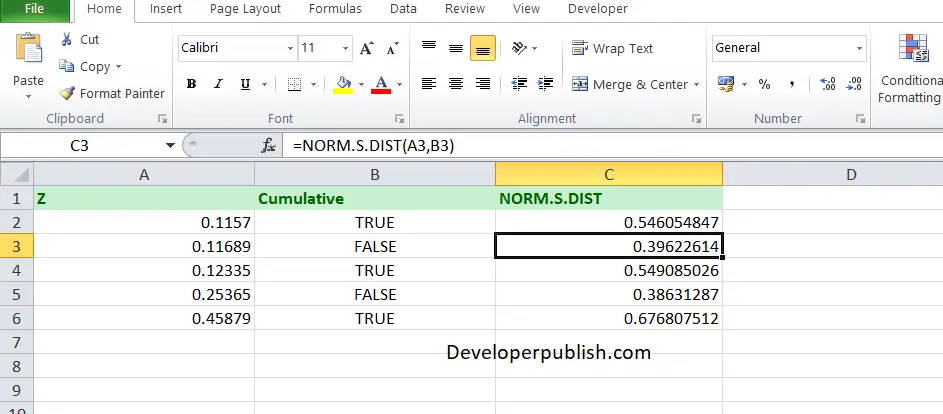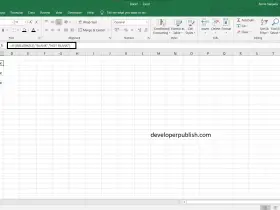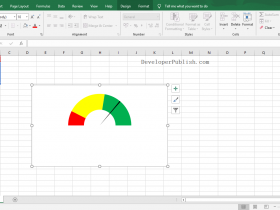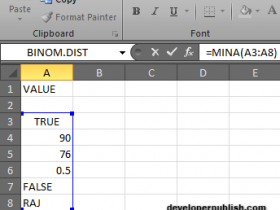NORM.S.INV Function in Excel
In this article, you will learn about the NORM.S.INV function, its usage, syntax and how to use it in your excel spreadsheet.
NORM.S.INV Function in Excel
The NORM.S.INV function in Excel returns the inverse of the standard normal cumulative distribution, which means the distribution has a mean of zero and a standard deviation of one.
Syntax
= NORM.S.INV(probability)
Arguments:
- Probability – A probability corresponding to the normal distribution.
Possible Errors and Usage Notes
- When the probability of the given event occurring below a threshold value, the function returns the z-score of the threshold
- If the argument is a nonnumeric value, the function returns the #VALUE! error value.
- Probability <= 0 or if probability >= 1, then the function will return a the #NUM! error value.
- The probability argument should be on the outside of the range of (0,1), other than that will result in an error.
How to use the NORM.S.DIST Function in Excel?
Using this function in a Worksheet is simple; all you need to do is enter the function as a formula of the cell in the formula bar.
Take a look at the given example

To find the inverse of the standard normal distribution of the given numbers, enter the numbers in columns A, and in column B enter the following C.
Formula: = NORM.S.DIST(A1,TRUE)
Here, A1 refers to the cell name or the cell address.
When entered, the function gives you the inverse of the normal standard distribution of the given numbers. Follow the same to other cells and you will get the inverse normal distribution for the rest of the numbers.





Leave a Review